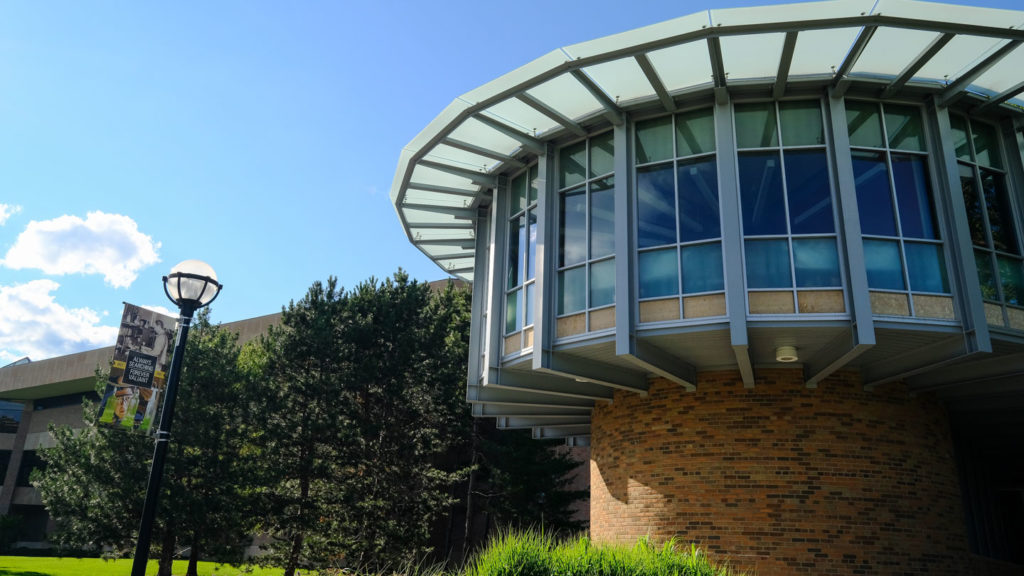I became fascinated with Albert Einstein’s famous equation E=mC2 at an early age. I aspired to
be an engineer, even though I did not understand the various disciplines of engineering that
existed. Upon my arrival at the University of Michigan I learned that Nuclear Engineering was
among the disciplines that I could pursue. For me, it was a match made in heaven. I was
fortunate to be accepted into the Nuclear Engineering Program and was inspired to be involved
in a program that was pursuing the peaceful uses of Nuclear Energy. Incidentally, I was quickly
humbled by the intelligence of everyone I met in the department.
As I worked through the Nuclear Engineering courses, I learned of the Ford Nuclear Reactor and
the opportunity as a nuclear engineering student to learn about various nuclear details from
the experiments we performed using the reactor. As I entered graduate school, I became a
licensed operator for the Ford Nuclear Reactor. I enjoyed being an operator, and being involved
in experiments, research projects, industrial projects, and nuclear medicine applications. I even
enjoyed the more mundane things, such as refueling the reactor, performing maintenance, and
shiftwork. And there were more than a few memorable moments (e.g., a dropped silicon crystal
cylinder, a mysterious diversion of an electrical “fish tape”, a visit by the Ann Arbor Fire
Department on a night shift…).
My education in the “nuclear business” grew significantly as an operator. Not only did
becoming an operator strengthen my understanding of the theory and operation of nuclear
reactors, being an operator also introduced me to many more important things that would be
essential in my future career in the business: processes and procedures, pipes and valves,
instrumentation and control, safety systems, and regulation.
As the years moved on, I came to appreciate the Ford Nuclear Reactor and the Phoenix
Memorial Laboratory from a different, larger perspective. The breadth of the University of Michigan’s Nuclear Engineering and Radiological Sciences, the excellent reputation that the
department earned (and still maintains to this day), and the contribution that the department
has made to the peaceful uses of nuclear energy and nuclear science – the mission that has
inspired its programs since its founding after World War II.
I was disappointed when the decision was made to decommission the Ford Nuclear Reactor
because it was such an excellent vehicle for research, teaching, and experiments. I believe that
having the Ford Nuclear Reactor was a huge factor in creating the success of the Michigan NERS programs. Nevertheless, I have been impressed with how the NERS department has adjusted and has maintained its tradition of excellence and I congratulate the department for its good work.
By Charlie Schrock
BSNE 1975, MSNE 1978
